So I recently came across case I needed to write code where callback calls itself and so on and wondered about NodeJS and tail-call support, so I found this answer https://stackoverflow.com/a/30369729 saying that yup, it's supported.
So I tried it with this simple code:
"use strict";
function fac(n){
if(n==1){
console.trace();
return 1;
}
return n*fac(n-1);
}
fac(5);
Using Node 6.9.2 on Linux x64 and run it as node tailcall.js --harmony --harmony_tailcalls --use-strict
and result was:
Trace
at fac (/home/tailcall.js:4:11)
at fac (/home/tailcall.js:7:11)
at fac (/home/tailcall.js:7:11)
at fac (/home/tailcall.js:7:11)
at fac (/home/tailcall.js:7:11)
at Object.<anonymous> (/home/tailcall.js:10:1)
at Module._compile (module.js:570:32)
at Object.Module._extensions..js (module.js:579:10)
at Module.load (module.js:487:32)
at tryModuleLoad (module.js:446:12)
Which clearly shows callstack gets filled with calls and tail-recursion isn't supported although I use latest NodeJS.
Does NodeJS/JavaScript support tail-recursion at all? Or do I really have to go with generators and yields, but problem here is my callbacks are gonna be heavily asynchronous and I'm not gonna work with return value anyway, I just need to make sure the callstack doesn't get uselessly filled with calls while function refers to itself in return.
